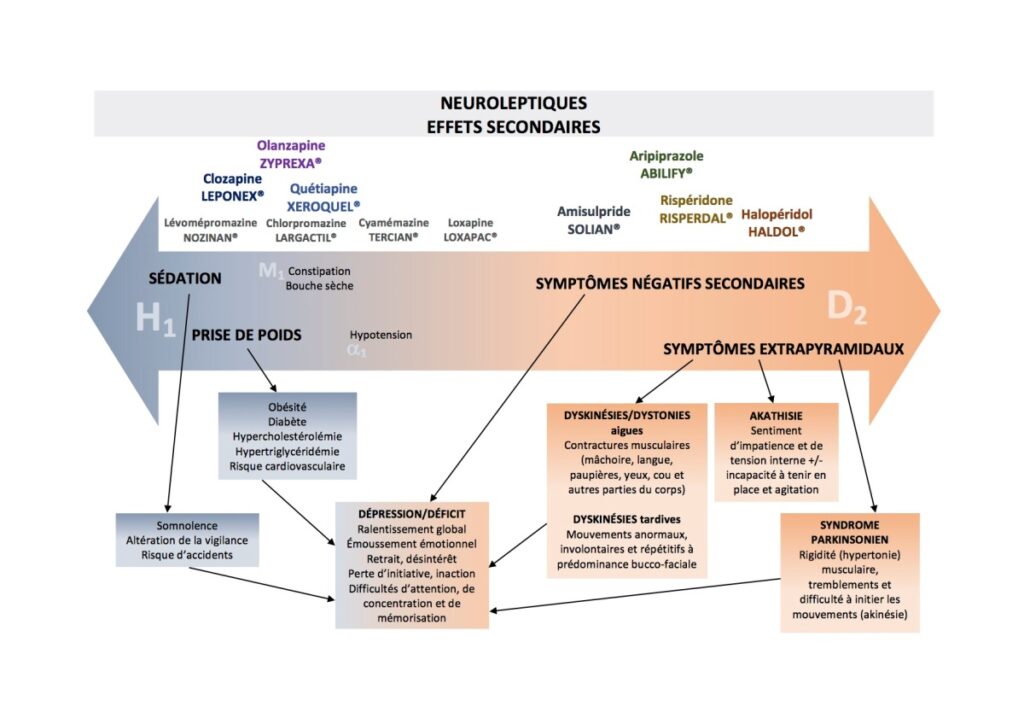The sector of medical technologies is going through a period of deep transformation marked by economic and operational challenges. Faced with the need to optimize their costs and improve their efficiency, many companies have been forced to make difficult decisions, resulting in workforce reductions significant. This phenomenon, accentuated by pressures such as inflation and supply issues, has a considerable impact on workers and the entire sector. The measures taken illustrate the quest for a fragile balance between sustainability and the reactivity in a constantly changing environment.
Restructuring in the medical technology sector
The sector of medical technologies is currently experiencing significant challenges, with a growing number ofcompanies who are carrying out workforce reductions. Since mid-2022, more than 22,000 job cuts have been reported, affecting various major stakeholders. Among these companies, some, such as Boston Scientific And Intuitive Surgical, manage to maintain a growth significant through robust strategies, while others face operational challenges and economic stress. Mass furloughs have been announced at companies such as Baxter, Philips, And Medtronic, who attempt to adapt to a context of difficult macroeconomics and of supply issues.

Restructuring in the medical technology sector
There restructuring has become an unavoidable reality in the medical technology sector, particularly accentuated by recent economic challenges. Several companies, looking for profitability, have undertaken drastic measures, thus reducing their workforce significantly. For example, some companies like Baxter And Philips announced cuts of several thousand positions following labor issues supply chain exacerbated by economic uncertainties.
The processes of restructuring are often motivated by strategic considerations aimed at strengthening competitiveness or reducing costs. By looking more closely at the decisions of layoffs (layoffs), we see that they do not only affect operations, but also sectors such as research and development. Thus, this trend raises questions about the future of innovation in medical technology.
Impact of layoffs in the medtech industry
While some companies continue to expand despite the storm, others find themselves having to reduce their workforce to ensure their sustainability. For example, Medtronic recently announced layoffs, leading to a significant reduction in staff in the face of market volatility. Affected employees experience a sense of uncertainty, compounded by the slow recruitment process in the sector, and this dynamic can also affect morale within remaining teams.
Large companies and their adaptation
The specific contexts of large companies often influence their approach to downsizing. Companies like Siemens Healthineers And Hologic have opted for strategies combining site closures and staff reduction. These measures aim to streamline their operations while meeting growing market demands. In the end, personnel adjustments do not only concern economic viability, but also raise human challenges, reflecting the increasing complexity of stewardship in the medical technology sector.













